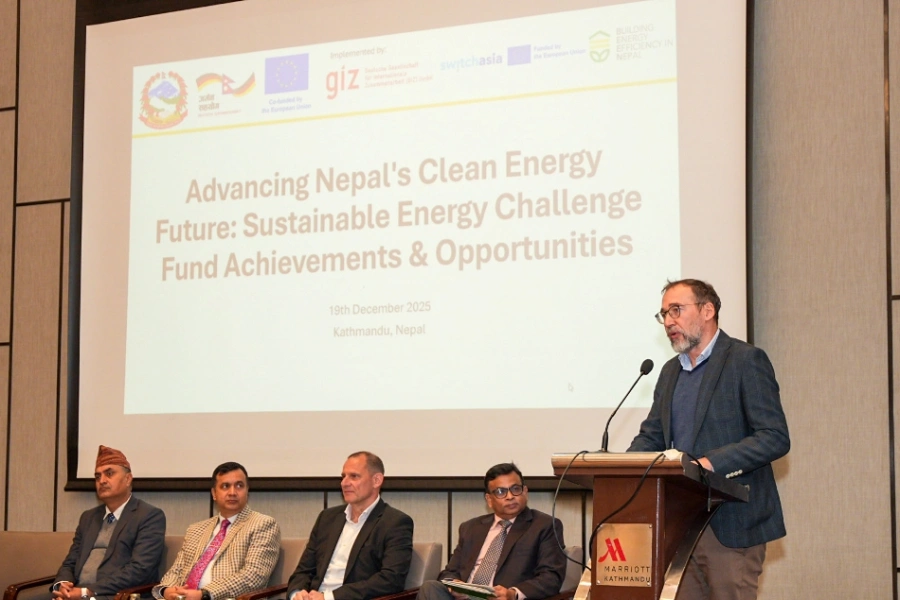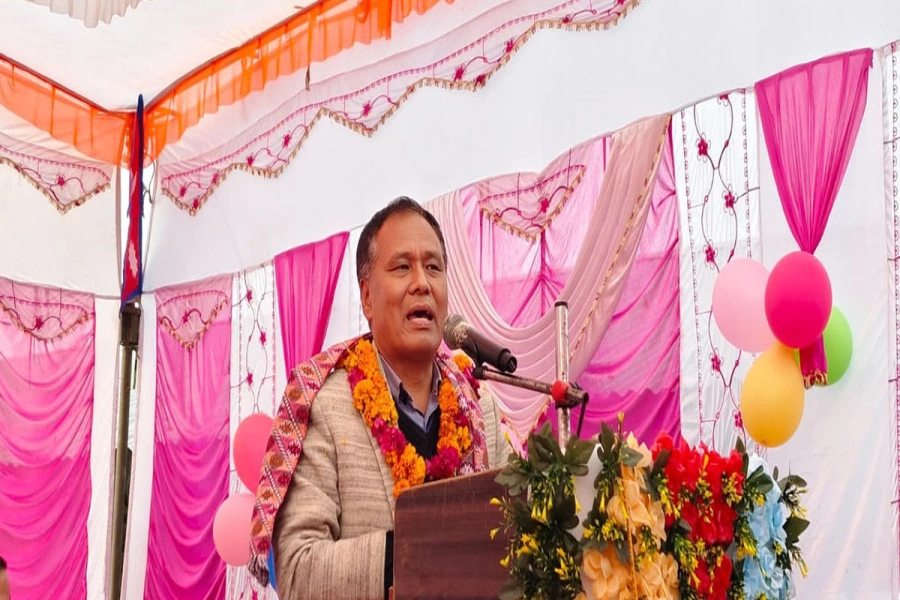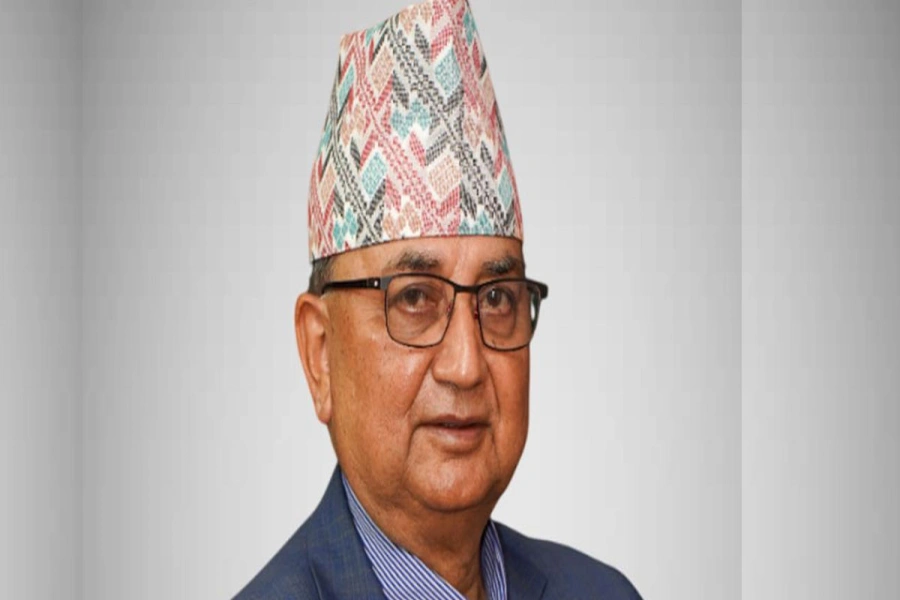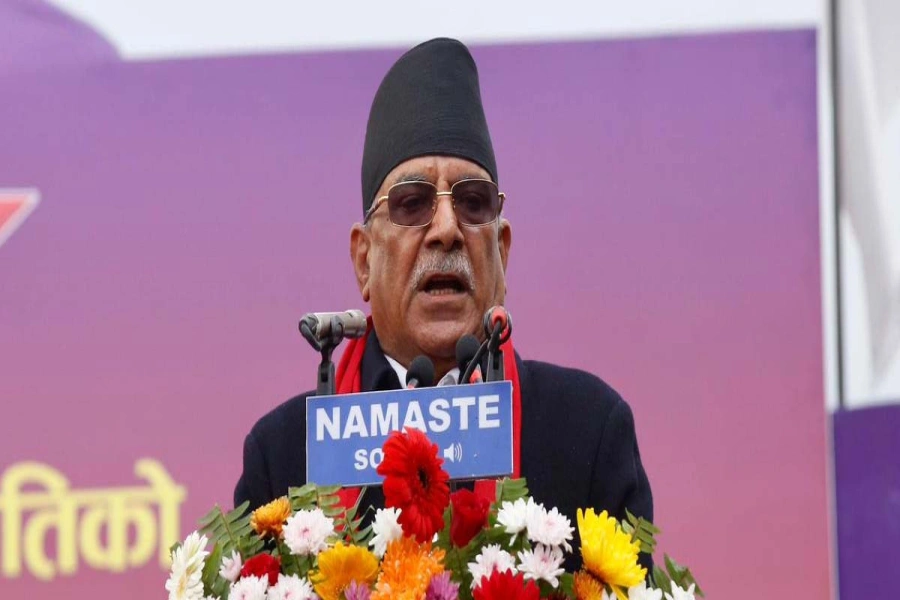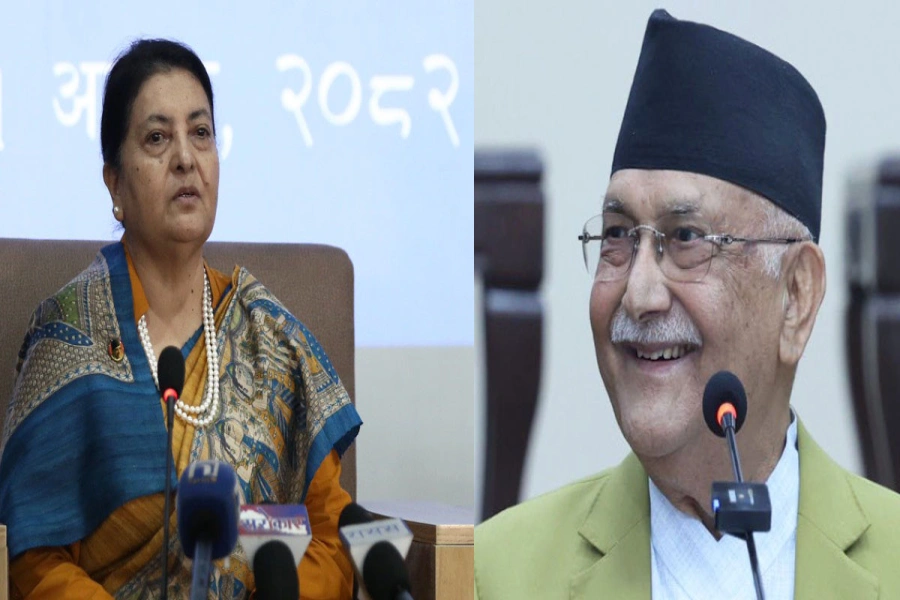The opening of the 66th regular session of the General Assembly, which has already started in UN Headquarters in New York, is again likely to have a diplomatic showdown between Israel and the Palestine Authority. Palestinian Authority President Mahmoud Abbas is due to deliver a landmark speech calling on the global body to support Palestinian statehood. On the other hand, Benjamin Netanyahu, the Israeli prime minister, will address the UN General Assembly on the same day that Mahmoud Abbas is scheduled to speak to block any Palestinian diplomatic moves.
The current structure of the UN is that even if 192 countries support the Palestinian proposal, a vote against Palestinian proposal from the United States, a security council member and thus a veto country, will kill any proposal, feeding to the those critics who think that the UN is merely a tower of Babel.
Despite some criticisms, UN is also a ray of hope for many. UN has added value to a larger humanity by establishing global norms and standards and bringing the world’s diverse community together to protect vulnerable and marginalized population including women and children.
Interestingly, both opponents and proponents of UN are likely to agree on one thing: UN General Assembly provides a podium to the world leaders to push their agendas and air their grievances on the world stage. Even Nikita Khrushchev, then prime minister of former Soviet Union once said, “The U.N. is sort of a parliament, you know, where the minority has to make itself known, one way or another.”
For those, who are interested in history, it is also worthwhile to recall some of the controversial moments at the UN General Assembly. In 1960 Assembly meeting, Khrushchev took out his shoes, waved it and then banged it on the table louder and louder to protest the words of a delegate from the Philippines who claimed that Eastern Europe had been deprived of political and civil rights.
In 1973, Ugandan President Idi Amin Dada, then the chairman of the Organization of African Unity and an infamous political figure for his despotic and brutal rule in Uganda, praised then British Prime Minister Edward Heath by comparing him to Adolf Hitler.
In 2006, the Cuban delegation threw down the translator’s earpiece and walked off when US President George W Bush brought Cuba’s diplomatic delegation to their feet when President Bush made a reference about the ailing and aging Fidel Castro by saying, “In Cuba the long rule of a cruel dictator is nearing its end”.
In the same General Assembly, Venezuela President Hugo Chávez called President Bush "the devil" by saying, “The devil came here yesterday". Chavez also took the opportunity at the podium to enlighten his fellow assembly members by marketing Noam Chomsky´s book titled “Hegemony or Survival: America´s Quest for Global Dominance”. Following the speech, sales of Chomsky´s book exploded perhaps making Chávez one great marketeer.
Iranian President Mahmoud Ahmadinejad has used General Assembly many times to pitch his views and spill the grievances against the Western world. In 2008, Ahmadinejad declared that Americans and Europeans were being played with by a small but deceitful number of people called Zionists. He claimed that the American empire was on the brink of collapse because of aggression in Iraq and Afghanistan. In 2010, at the summit on Millennium Development Goals, Ahmadinejad again took the stage to blame capitalism for the world´s woes by arguing that liberal capitalism and transnational corporations have caused the suffering of countless women, men and children in so many countries.
Nepal’s Prime Minister Dr Baburam Bhattarai is in New York to participate in the UN General Assembly. Reactions are mixed regarding the expectation from his participation. Some are expecting that he will shine in the world stage with his vision and wisdom, but others argue that his performance will be no different than his predecessors.
Baburam has created very high expectations himself partly being a chief ideologue of Nepal’s Maoist movement and also partly because of his own style of governance. The prime minister, who is believed to be his own speech writer, has travelled to New York in an economy class airline ticket, creating much controversy at home and curiosity abroad.
Here are three friendly suggestions to Baburam that may help to boost Nepal’s credibility and images through his deliberations at UN. First, Baburam has positioned himself as a pragmatist, whether it be by defining Marxism in the context of the 21st century or defining the Maoist revolutionary strategy by avoiding to term India as an enemy or forming the current government by encouraging Madhes-based parties to join his government to give the Maoists a ‘last chance’ to stir the county out of the paralysis of the peace process.
Thus, it is advisable that Baburam avoid the Maoist rhetoric or Marxist jargons like “class conflict” and “proletarian value” to generate enough support. That will only help others to term him as an “ideological dogmatist”. As a popular proverb goes, “If it walks like a duck, quacks like a duck, looks like a duck, it must be a duck”.
Moreover, the debate in the 21st century is not between Marxism or capitalism because the government fails, so does the market. The failure of centrally- or state-controlled economy is an example of government failure. On the other hand, the global economic and financial crisis, environmental problems, and rising inequality in market economies are the examples of market failure. Thus, the policy question is not replacing market by the state, but how the markets can be made more responsible? Baburam should package the progressive ideas under the agenda of inclusiveness, participation, capacity development, and protecting the rights of vulnerable and marginalized people including children and women.
Second, Baburam should avoid taking this global event merely as a “business as usual” event or a yearly ritual to come to New York. If he doesn’t sell himself as a scholar, his participation at the UN General Assembly will be compared to the participation of previous prime ministers, whose presence went without much notice most of the time.
Thus, a forward looking and progressive leader from a least developed country should acknowledge the importance of multilateralism and the challenges for background countries to take advantages of the various global systems. The solution to addressing the challenges of globalization is to have better integration and not the path of isolationism as adopted by North Korea.
Although controversial, former Prime Minister of Malaysia Dr Mahathir Mohamad once stole the show when he highlighted the major problem with current structure of globalization. Mahathir challenged the world community by saying, “Cities do not compete with villages, nor adult athletes with children. To compete fairly, the competitors must belong to distinct categories”.
Thus, Baburam should highlight the importance of multilateralism and globalization in the context of challenges faced by the Least Developed Countries.
Underdevelopment is not just the problem of developing countries. The case for a renewed multilateral approach to development will benefit all including the developed world in terms of global security and prosperity, if the developing countries have vibrant economies and are well-governed.
Nepal as the current chair of Least Developed Countries must promote the interest of LDCs. Baburam should present himself as the leader of LDCs than merely presenting himself as the head of Nepal’s delegation. The world is now grappling with the fallout from the global recession that has pushed more people into poverty, the continued effects of the food crisis particularly in Sub-sharan Africa, the anticipated impacts of climate change, the spread of deadly diseases, the impasse in world trade negotiations, and LDCs’ growing inequality and poverty.
Last but not least, it is advisable that Baburam should acknowledge the role of the emerging donors including China, India, Brazil, and South Africa and how it is changing the landscape of development assistance. This recognition will help to strengthen our ties with India and China. After all, everyone wants to be recognized at the world stage.
anga34@hotmail.com
Expectations a heavy burden



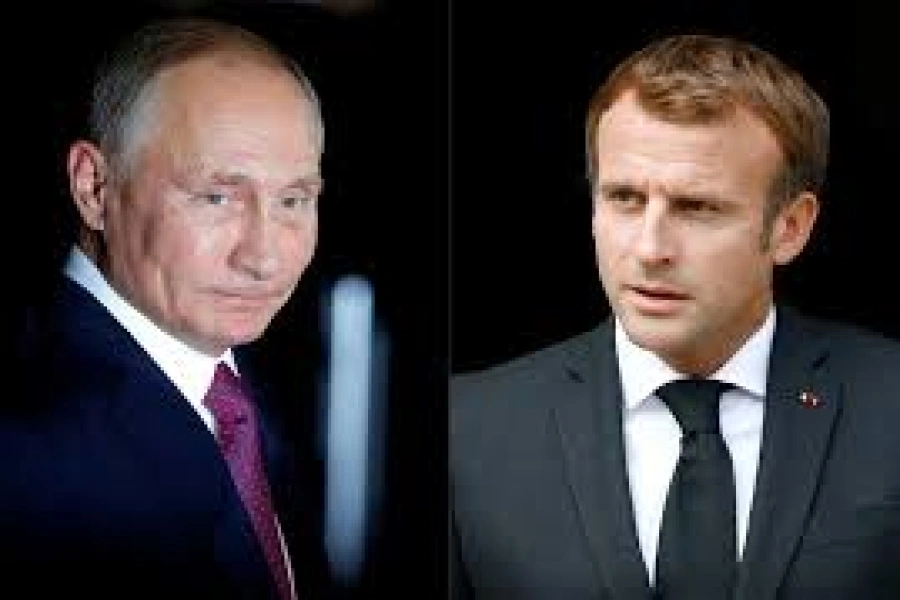
-1766305787.webp)



